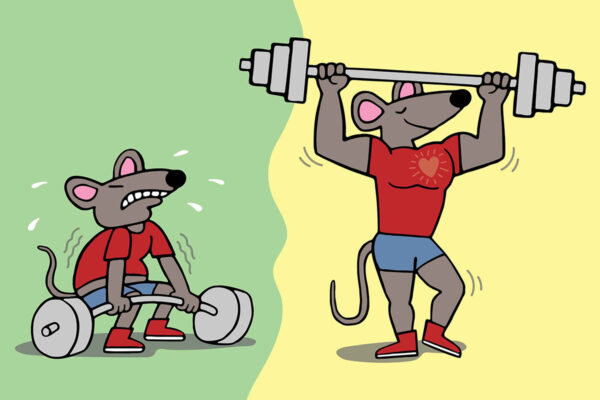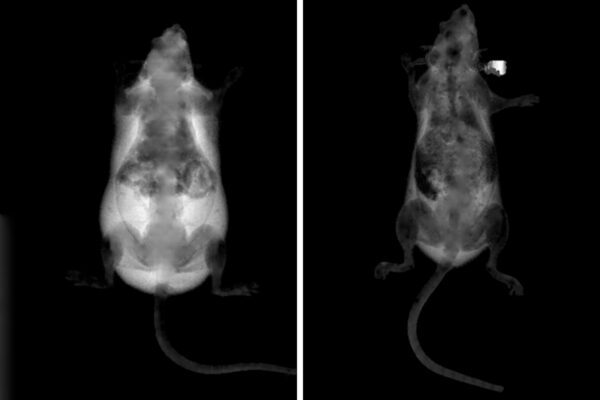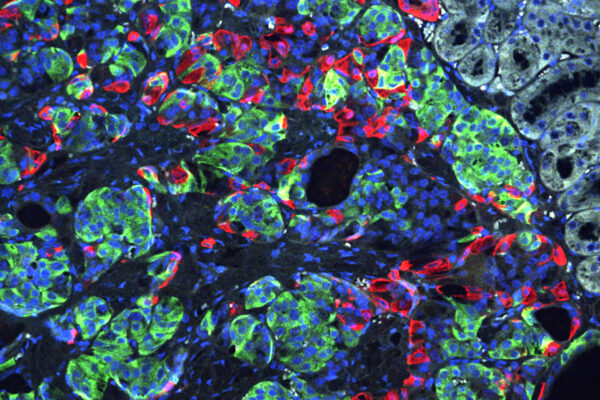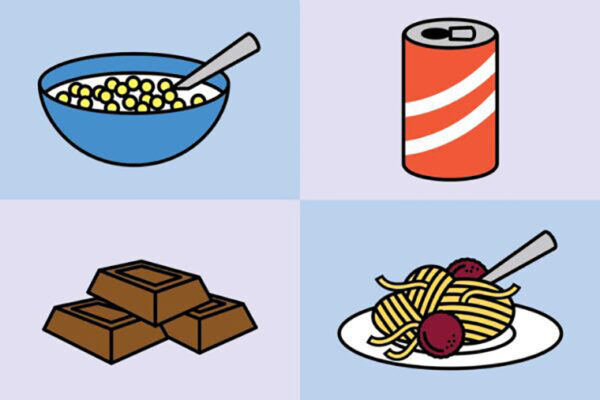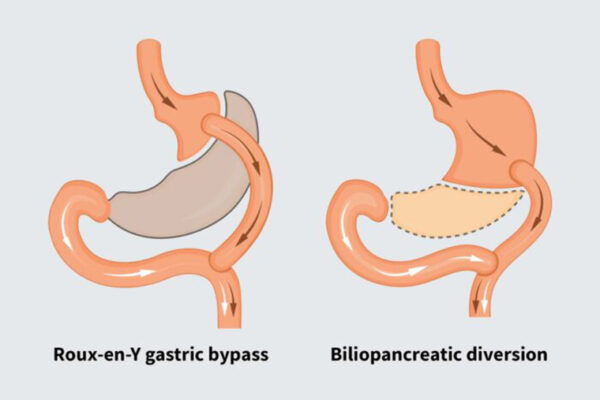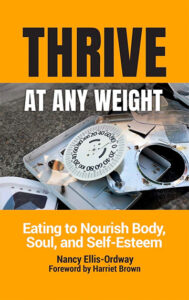Brown School researchers awarded $3.2 million grant to study child growth, development in Haiti
Trish Kohl and Lora Iannotti, associate professors at Washington University’s Brown School, have received a five-year $3.2 million grant from the Eunice Kennedy Shriver National Institute of Child Health and Human Development of the National Institutes of Health to study stunted growth and development in children in Haiti.
Gene therapy in mice builds muscle, reduces fat
Researchers at Washington University School of Medicine found that gene therapy in mice helped build strength and significant muscle mass quickly, while reducing the severity of osteoarthritis. The gene therapy also prevented obesity, even when the mice were fed a high-fat diet.
Obesity prevented in mice treated with gene-disabling nanoparticles
Disabling a gene in specific mouse cells, School of Medicine researchers have prevented mice from becoming obese, even after the animals had been fed a high-fat diet. The researchers blocked the activity of a gene in immune cells called macrophages, key inflammatory cells.
Diabetes reversed in mice with genetically edited stem cells derived from patients
Researchers at Washington University School of Medicine have transformed stem cells into insulin-producing cells. They used the CRISPR gene-editing tool to correct a defect that caused a form of diabetes, and implanted the cells into mice to reverse diabetes in the animals.
Being raised by grandparents may increase risk for childhood obesity
Grandparental child care is linked to nearly a 30% increase in childhood overweight and obesity risk, finds a new analysis from the Brown School at Washington University in St. Louis.
New book examines eating disorders, failure to care for those impacted
A new book from Washington University in St. Louis cultural anthropologist Rebecca Lester explores eating disorders — a topic that impacts and kills almost as many people in the United States as the opioid crisis yet receives a fraction of the sympathy, support or funding.
Human gut microbes could make processed foods healthier
A new study from Washington University School of Medicine in St. Louis suggests the gut microbiome has an impact on how the body breaks down processed foods, such as cereals, pastas, chocolate and soda. The new knowledge could help in the development of healthier, more nutritious processed foods.
Uncommon weight-loss surgery best for reducing diabetes risk
One of the most frequently performed weight-loss surgeries in the world — Roux-en-Y gastric bypass — is effective, but another procedure rarely performed in the U.S. appears to be more effective at eliminating type 2 diabetes in patients with obesity. A study from the School of Medicine explains why.
Thrive at Any Weight
Eating to Nourish Body, Soul, and Self-Esteem
A psychotherapist of 30 years, Nancy Ellis-Ordway explains how she helps people get off the weight loss roller coaster, make peace with food and their bodies, and improve their health to find happiness and a better quality of life.
Prevention Research Center to work toward preventing obesity
The Prevention Research Center at Washington University in St. Louis has been awarded a $3.8 million grant from the Centers for Disease Control and Prevention to lead a broad effort to better practice evidence-based policies to improve health.
Older Stories

